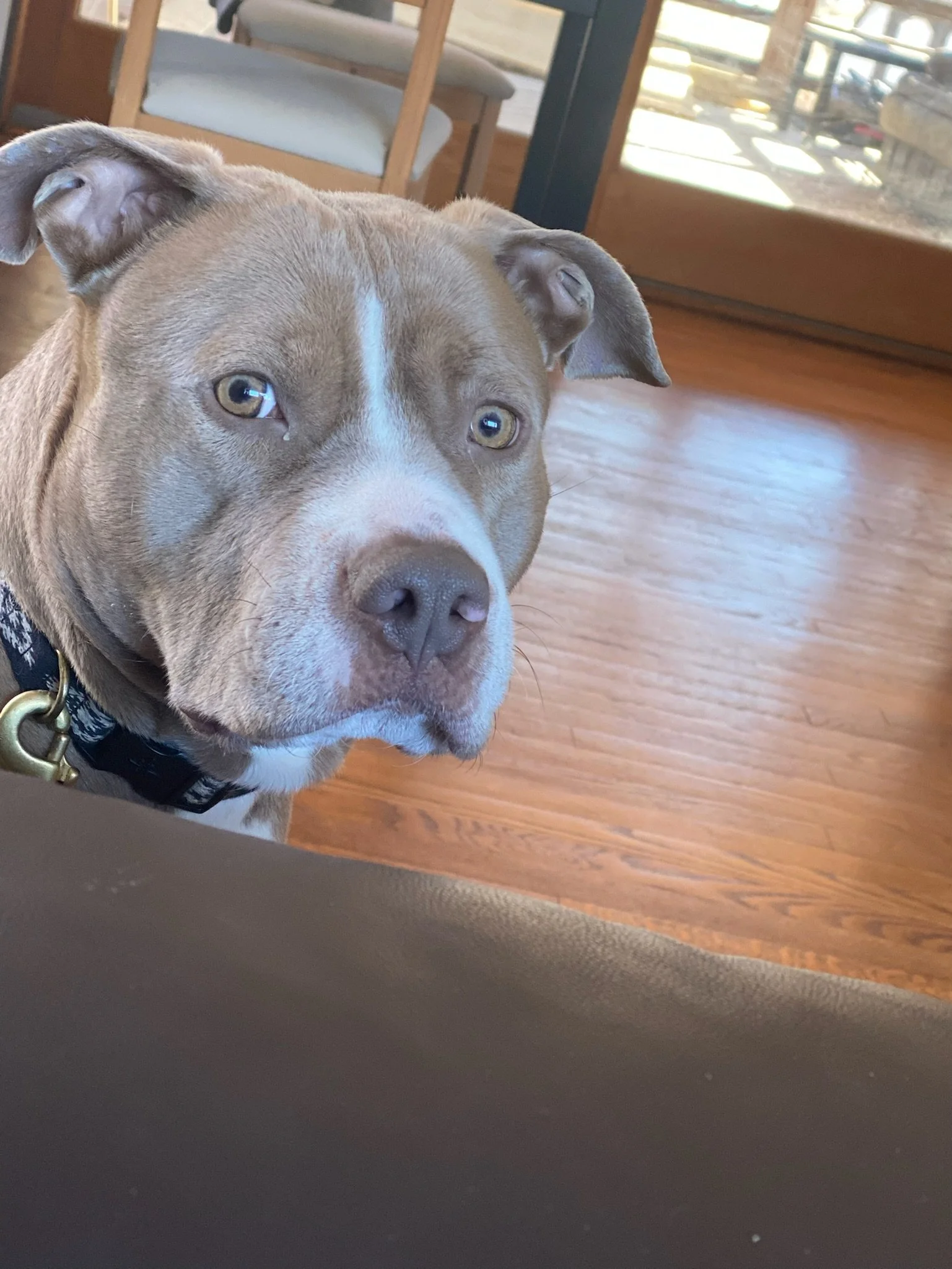Many dog owners seek help for their furry friends when they display signs of anxiety. An anxious dog can quickly disrupt a home, as they may bark excessively, chew on items, or even show aggressive behavior.
Just like humans, dogs can experience anxiety for a variety of reasons, from separation anxiety to fear of loud noises or unfamiliar surroundings. While there are different approaches to addressing dog anxiety, one method that has shown promising results is dog training.
Here’s how dog training can help with anxiety in dogs and what to look for if you’re a pet parent seeking help.
Root Causes of Anxiety in Dogs
To understand how dog training can help with anxiety, it’s important to first look at the root causes of anxiety.
Fear and stress are common triggers for anxiety in dogs. Your pup may be experiencing anxiety due to:
Being left alone
Loud noises
New people
Pain or illness
Traveling or unfamiliar environments
Unfamiliar animals or other dogs
It’s essential to note that proper socialization, training, and environmental work when your dog is a puppy can help prevent anxiety in many of these situations. Dog training can give you and your pup the skills and confidence to successfully handle different situations.
For example, socialization training can help anxious dogs become more comfortable and less fearful around other dogs and people. This is especially important during a puppy’s socialization period when the dog is between 3-16 weeks old.
However, it’s never too late to seek professional dog training to help soothe your dog’s anxiety and build confidence.
How Dog Training Can Help Reduce Anxiety
Dog training can play a significant role in reducing a dog’s anxiety. When a dog receives proper training, it helps with obedience and behavior and provides the structure and routine dogs crave. Having clear expectations and boundaries can help reduce a dog’s anxiety by giving them a sense of security and predictability.
Training can also enforce positive behaviors, which can serve as a coping mechanism for some anxious dogs. For instance, training a dog to respond to commands like “sit” or “stay” can redirect their attention and give them a sense of control in stressful situations.
Additionally, training can help create a strong bond between you and your dog, which can provide comfort and reassurance to an anxious pup and let them know you are there to help take care of them.
Professional training can also help minimize anxious behaviors such as excessive barking, destructive chewing, or displays of aggression. By teaching the dog to respond to commands and cues, they can learn to navigate their environment more confidently and with less anxiety.
When Dog Training Is Not Enough
While training can certainly be beneficial in addressing anxiety in dogs, training alone may not be enough to help every pup.
Severe or complex anxiety issues can be the result of an underlying medical issue or trauma, which may require professional intervention from a veterinarian or certified animal behaviorist, including medication or other therapies in conjunction with training.
When engaging a dog trainer, it’s essential to work with a professional who tailors their approach for each dog. Triggers and anxious behaviors can vary from dog to dog, so choosing a professional who works to understand your pup and their anxiety can increase your chances of helping them (and you) live a happier life.
Book a Consultation for Professional Dog Training
Is your dog showing signs of anxiety? At Nova Pack Dog Training, we have experience working with dogs of all anxiety levels and can help you determine the right approach for helping your pup. Contact us today to book a consultation and let’s get started!




